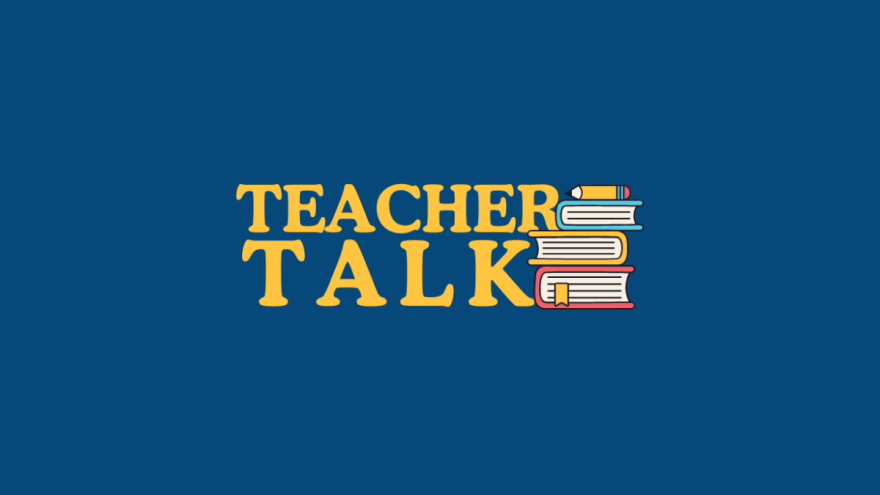Growth mindset is one of my research areas of interest, and so I am always excited by new findings that add to conversation. Recent research from Cameron Hecht, Carol Dweck, Mary Murphy, and David Yeager found that performance-based systems will disincentivize a growth mindset. Hecht explains their research further in the EducationWeek article, Talking About a Growth Mindset Isn’t Enough. Here’s What Makes a Difference for Students.
We previously discussed Grit & Growth Mindset on Teacher Talk, for those who want to go back to that blog post and radio segment. For a quick summary, mindset is a learning philosophy based on the research of Carol Dweck. Those with a growth mindset believe that they have the ability to learn and grow through challenges and effort. A fixed mindset, by contrast, is the belief that abilities are an inherit and static trait; a person is either smart, or not (or athletic, artistic, etc.) and little can be done to change one’s innate abilities or lack thereof.
Here are two of my key takeaways from the new growth mindset research:
Grading Systems Impact Growth Mindset.
Even students with a strong growth mindset will shy away from challenging courses, if the grading system doesn’t reward improvement. For example, if students have four tests in the semester, a student who earns 80/100 points on all four tests would get the same final grade as a student who earned 60/100, 74/100, 86/100, and 100/100. While the second student showed massive improvement over the course of the semester, they are not rewarded by the grading system for their increased learning. If students know that the grading system is set up this way, they will be less likely to persist after receiving the first test grade of 60/100 because they know that their grade has already been negatively impacted in an irreversible way.
Actions Speak Louder Than Mindset.
One of the issues I’ve had with the way growth mindset is discussed in education is that it is often oversimplified, or reduced to a classroom bulletin board that says “We can do hard things.” Growth mindset is more than an inspirational poster. While talking about growth mindset is key to students developing one, the systems that form a classroom and school will outweigh any lessons about forming a growth mindset. Hecht suggests that teachers allow students to retake tests to earn partial or full credit or to offer assignments that go through a series of feedback and revisions before earning a final grade. School systems and classroom practices that prioritize learning and improvement over one-time performances are more effective in promoting a growth mindset environment.
For more ideas on grading practices that promote a growth mindset, you can read Gina Benz’s blog post and listen to our Teacher Talk conversation, Going Gradeless.
The views and opinions expressed on Teacher Talk are those of the authors and do not necessarily reflect the official policy or position of the University of South Dakota.


